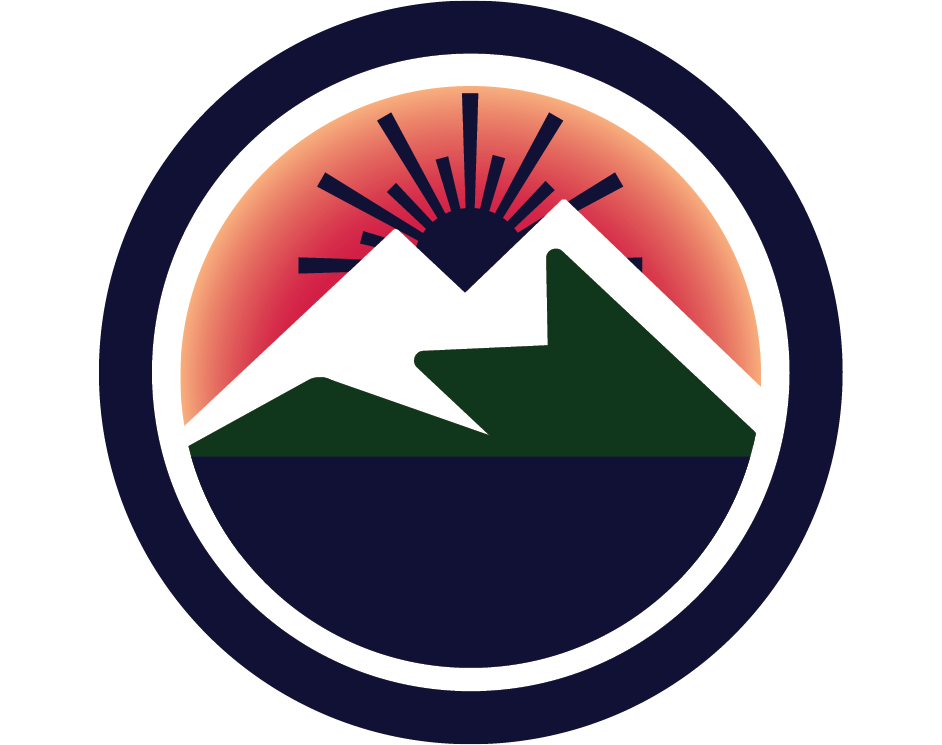CUPC 2023 ORAL STUDENT PRESENTATION LIST
Student Oral Presentation Schedule
Please note that there have been cancellations, so the schedule has been rearranged and updated on October 24th. See this spreadsheet Oral presentation schedule as well as a list with all abstracts, both Oral and Poster.
Submitting your Presentation
Please send us your presentations by leaving them in the correct folder in this dropbox. All presentations must be in their respective folders by midnight the night before the presentation. We will be reminding students of this throughout the conference events.
Time Limits, Judging and Awards
Each student presentation block has been allotted 15 minutes. Presentations must be no longer than 10 minutes, with 2-3 minutes reserved for Q&A, and another 2-3 minutes reserved for transitioning between presentations. When you have 2 minutes left in your presentation, a volunteer will raise a placard to indicate the 2 minute warning. This is a firm warning and you will be docked 5 points for going overtime.
There will also be 1-2 judges present in each room during presentations and may ask students further questions. Judges are grading based on this rubric. Prizes will be awarded to the Top 3 presentations in both the Oral and Poster categories, with honorable mentions for runners-up.
The prizes are the following:
- 3rd place: $50 e-gift card, prepaid VISA
- 2nd place: $100 e-gift card, prepaid VISA
- 1st place: $150 e-gift card, prepaid VISA
Land Acknowledgements
If you are doing an oral presentation, it is respectful to include the names of the Indigenous groups upon whose land your research was conducted. This information is typically stated at the beginning of the presentation. For example, a student from Toronto Metropolitan University may include:
“This research was conducted in Toronto in the ‘Dish With One Spoon Territory’. The Dish With One Spoon is a treaty between the Anishinaabe, Mississaugas and Haudenosaunee that bound them to share the territory and protect the land. Subsequent Indigenous Nations and peoples, Europeans and all newcomers have been invited into this treaty in the spirit of peace, friendship and respect.”
Many universities and other research institutions have several versions of land acknowledgements available, so if you are unsure of which Indigenous territories your institution is located on, start with the institution’s website. You can also visit the Native Land Digital website to help find which Indigenous territories your institution is located on.
Please see the schedule of Student Oral presentations below.
Last Updated: October 25th, 2023
